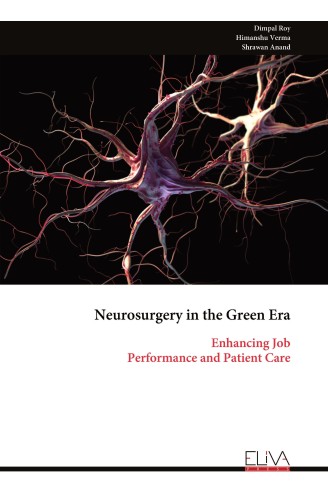Description
Leave review
Description
In an era where environmental concerns are paramount, the integration of sustainable and eco-friendly technologies into medical practices is becoming increasingly crucial. This study, titled "Green Technology in Neurosurgical Practice," explores the transformative impact of green technologies on neurosurgical methods, focusing particularly on how innovations like virtual reality (VR), augmented reality (AR), and artificial intelligence (AI) enhance surgical training, planning, and intraoperative guidance.
Traditional surgical practices often carry significant environmental costs, from the energy consumed in operating rooms to the waste generated by surgical procedures. This research investigates how adopting green technologies can mitigate these impacts while simultaneously improving the job performance of neurosurgeons. By harnessing advanced technologies, neurosurgeons can reduce their environmental footprint, streamline procedures, and enhance patient outcomes.
To gather data, a comprehensive survey was conducted among neurosurgeons, utilizing convenience sampling to explore the relationship between adopting green technologies and job performance. The study's findings reveal a strong positive correlation between the implementation of sustainable practices and enhanced surgical performance metrics. Data were meticulously analyzed using the Statistical Package for the Social Sciences (SPSS), ensuring robust statistical validation of the results.
The survey highlighted various determinants, including the effectiveness of training programs using VR and AR, the efficiency of AI in surgical planning, and the overall satisfaction of neurosurgeons with these technologies. Results indicate that surgeons who engaged with these green technologies reported higher levels of job satisfaction and improved performance outcomes.




